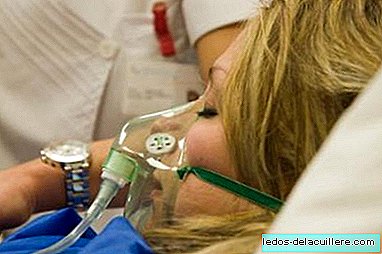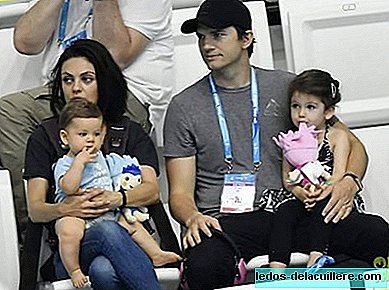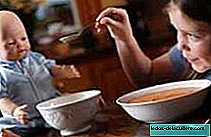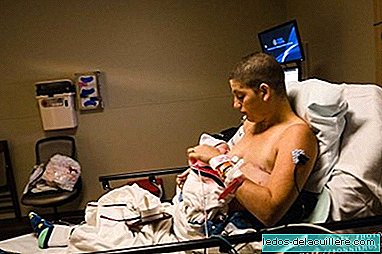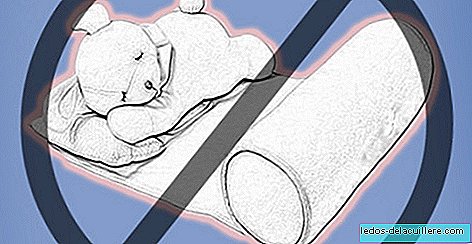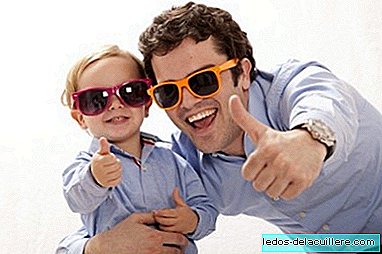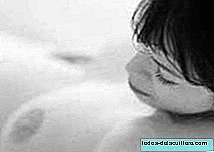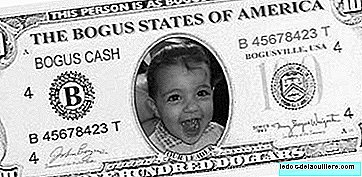
Have you ever taken account of what children cost? In the long term it may be more complicated to calculate, but for the first year of the baby it does not have to be so complicated. The arrival of the first baby means a disbursement in its first year of life of 6,200 euros (minimum), food and clothing being the most prominent sections.
This calculation has been made based on a study carried out by the Union of Consumers of Extremadura (UCE), although as we will see next, the “minimum” is quite relative and we can save (although there will always be those who spend more).
The UCE recalls that the economy has a great influence when it comes to having a child, especially now, given that the difficulties of finding or keeping a stable job nowadays add the fact of the disbursement of raising the child. And the crisis also affects the care of children.
Even, according to this consumer organization, one of the reasons why couples postpone the time to become parents is economical.
In this sense, the Union of Consumers of Extremadura considers it essential that national, regional and local administrations grant birth aid, thus enhancing the birth rate, which in our country is among the lowest in the world.
According to the study carried out by this association and included in the latest issue of its magazine Consumidorex, the arrival of the first child is an expense of 6,249 euros in its first year of life, buying indispensable "minimum" and at average prices.
This cost has been calculated by comparing prices between different establishments (supermarkets, specialty stores, pharmacies ...) and calculating the average, which means that if the parents did a search choosing the lowest prices, that average cost would also decrease.
What we spend the money in the first year of the baby
Food and clothing they cover a good part of the family budget to meet the child's initial needs: parents will spend about 1,075 euros on baby clothes and about 1,100 euros on food.
Other important disbursements are the 675 euros that parents will spend on acquiring a dresser and a crib; 750 in the stroller; 70 in a bathtub and changing table; 145 in the high chair and the cradle park; 420 in clothes for the crib and the car; 590 in diapers; 875 in nursery.
The cost of childcare has been calculated by an average of 125 euros per month (amount that seems too short compared to the prices of nursery schools in certain cities), for seven months (the first four months and one of holidays are subtracted).
Safety elements, first aid kit and toilet They are also other expenses that parents will have to face, so UCE insists on the need for administrations to grant family aid, which is currently absent.

Expenses that could be reduced
Taking a look at these figures I can think of many expenses that could be avoided, so the "minimum expense" is not so clear. For example, I want to check if at 1,100 euros in food we can subtract the 600 euros that breastfeeding saves per year, because the final amount would be reduced.
The report on the study states that "the accounts will vary considerably if the child is breastfed or not and how long breastfeeding lasts." But to the final accounts only four months of lactation remain and not the recommended six months. In fact, he points out that breastfeeding is the most advisable "at least during the first four months of life", skipping two months.
So the study calculates 1100 euros in feeding from four months of the baby. If the baby is not breastfed during that time, we should add 280 euros. But if it is exclusively breastfed until six months, the expense would decrease, because we save two months of formula milks and complementary foods.
Other superfluous or unnecessary expenses for many families may be the dresser, the changing table, the park and even the crib. Depending on each family, the daycare spending It could also decrease or disappear, if this is taken care of by the father, mother or other relative.
Previously we have seen other studies spoke of between 5,000 and 8,000 euros, although in general they exceed this figure of 6,200 euros (and that is data from a few years ago): 7,000 euros each year of the first three or a minimum of 7,300 euros annual during those first years.
It is clear that spending will depend not only on where we are, as there are cities much more expensive than others, but also on our preferences, priorities and of course the purchasing level of each family. The order of the children possibly also influences (a minor expense in clothes, for example).
I am unable to perform the calculation of what we spent the first few years, but I consider that the figure of 6200 euros in the first year of the baby It can be quite approximate, with the caveats I mentioned.


